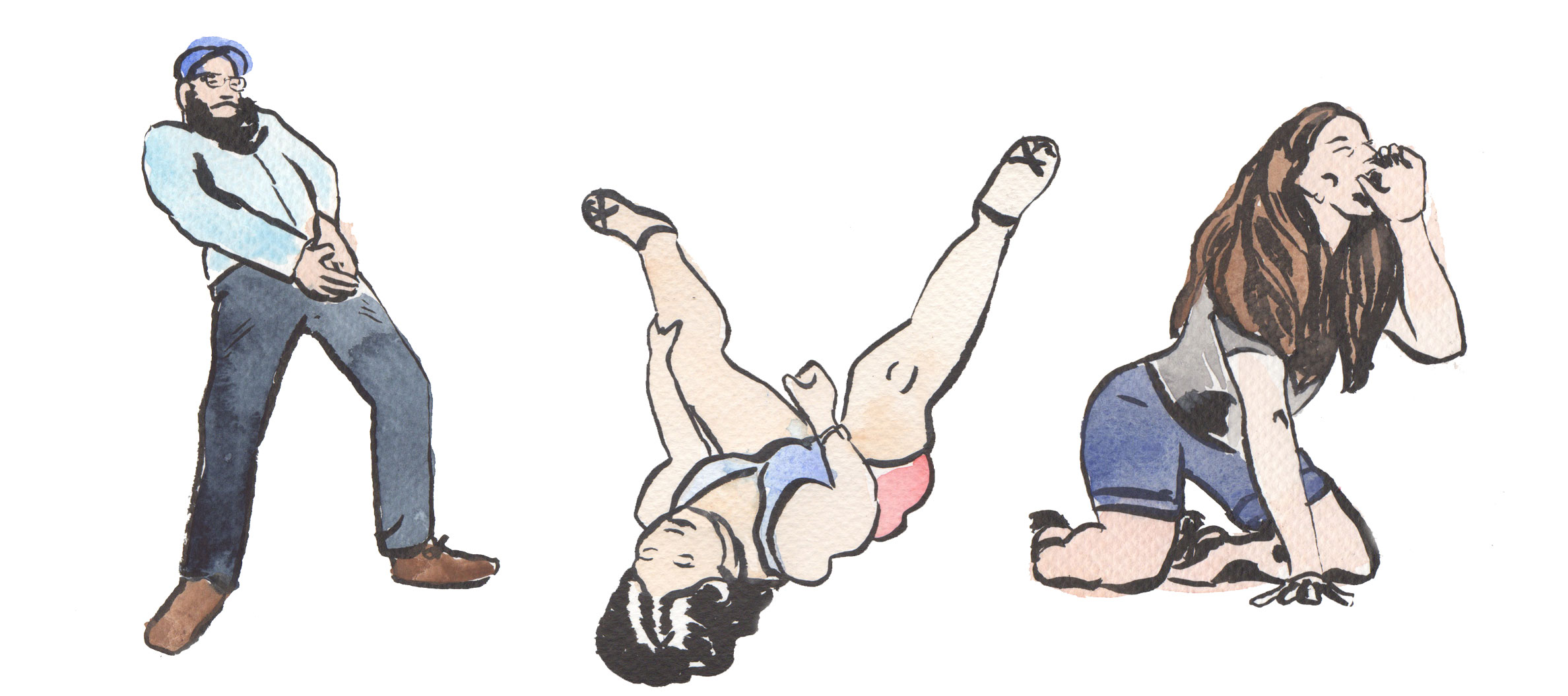
You’ve been invited to be on an art panel. No need to panic. Here are eight simple, easy-to-follow tips to help you look like a bonafide expert.
- Never agree with someone else’s definition. It makes you look weak. When the moderator asks you to introduce yourself and state your name, reply with “Well, we have to think [air quotes] critically about what we mean by [air quotes] name? One answers to a number of [air quotes] names over the course of one’s life?” I cannot overstate the importance of air quotes. It shows you understand everything is subjective.
- Name theorists and philosophers as often as possible. It’s not crucial that you actually form an argument. Simply mentioning that Foucault was a person who wrote things suggests to people that you read the things that Foucault wrote. It’s not even necessary that your sentences have verbs. Just a list of theorists makes you sound like an intellectual badass.
- Remember that throwing shade isn’t just for Real Housewives and drag queens. Whenever possible subtly suggest that someone isn’t well read or is a sellout. In an extreme situation you may need to suggest that someone’s research project has been done better by someone more famous. This insult is especially biting because a publisher has likely already told them the same.
- Be a cisgendered white man. If you are not a cisgendered white man, you may often find yourself being talked over, interrupted, or dismissed too frequently to contribute meaningfully to the conversation. You should practice being white as often as you can prior to the panel. Mention to friends how much you love “The Wire.” Enjoy the comedy of Sarah Silverman. Practice makes perfect!
- Never test any of your presentation materials prior to speaking. Fumble around with the computer for at least five minutes. Insist that PowerPoint “looks different on your computer.” Being angrily confused by technology suggests that you have studied your topic so intensely and for so long that you missed the technological developments of the past decade.
- Be nostalgic. Art history tells us that there was once a time when everything was perfect. Artists were free to be artists and criticism was critical.
- Think of Q&A as a second panel. People will talk at length about their own research projects masked as questions. Be prepared for this: “What do you think about this narrow research focus? You didn’t talk at all about this very narrow research focus. I think it’s a shame that this very narrow research focus was overlooked. My current book project is about said very narrow research focus.”
- “It all comes back to the question ‘What is [air quotes] art?’”







